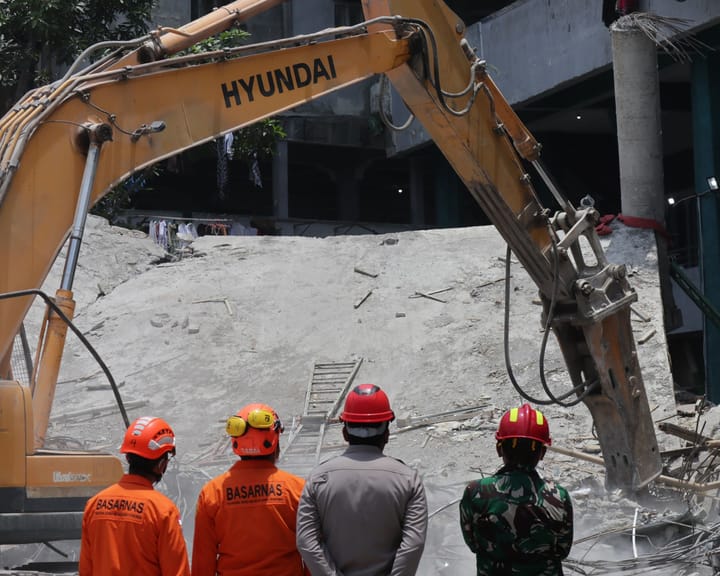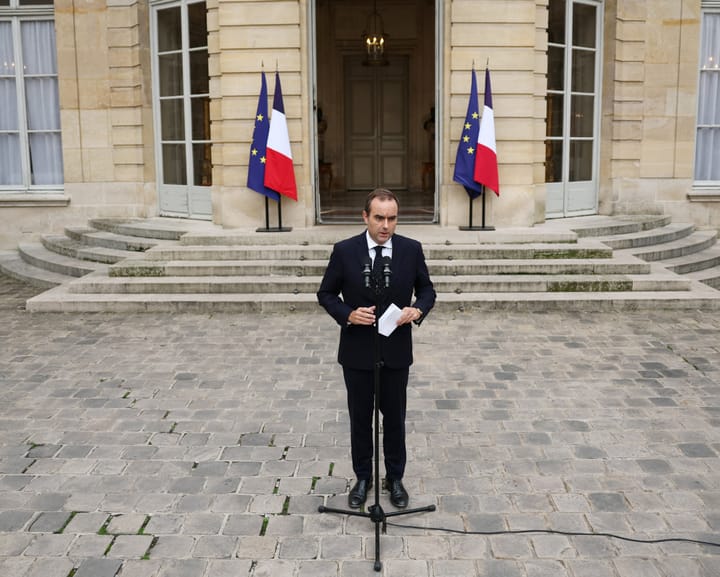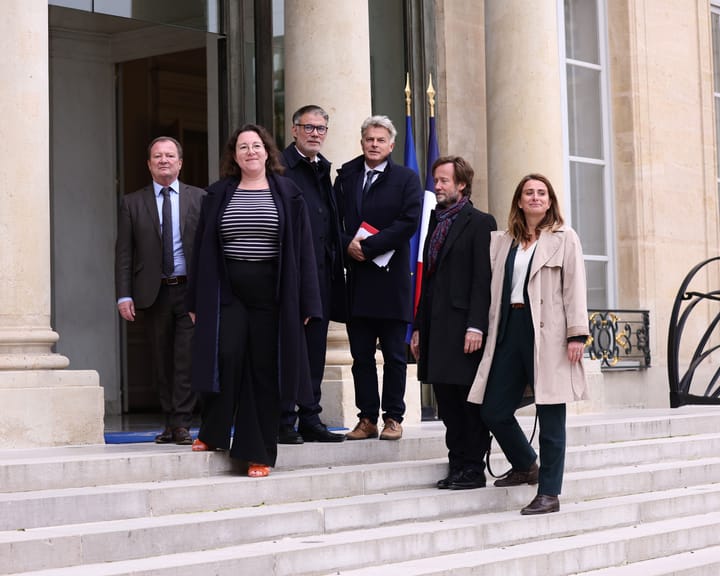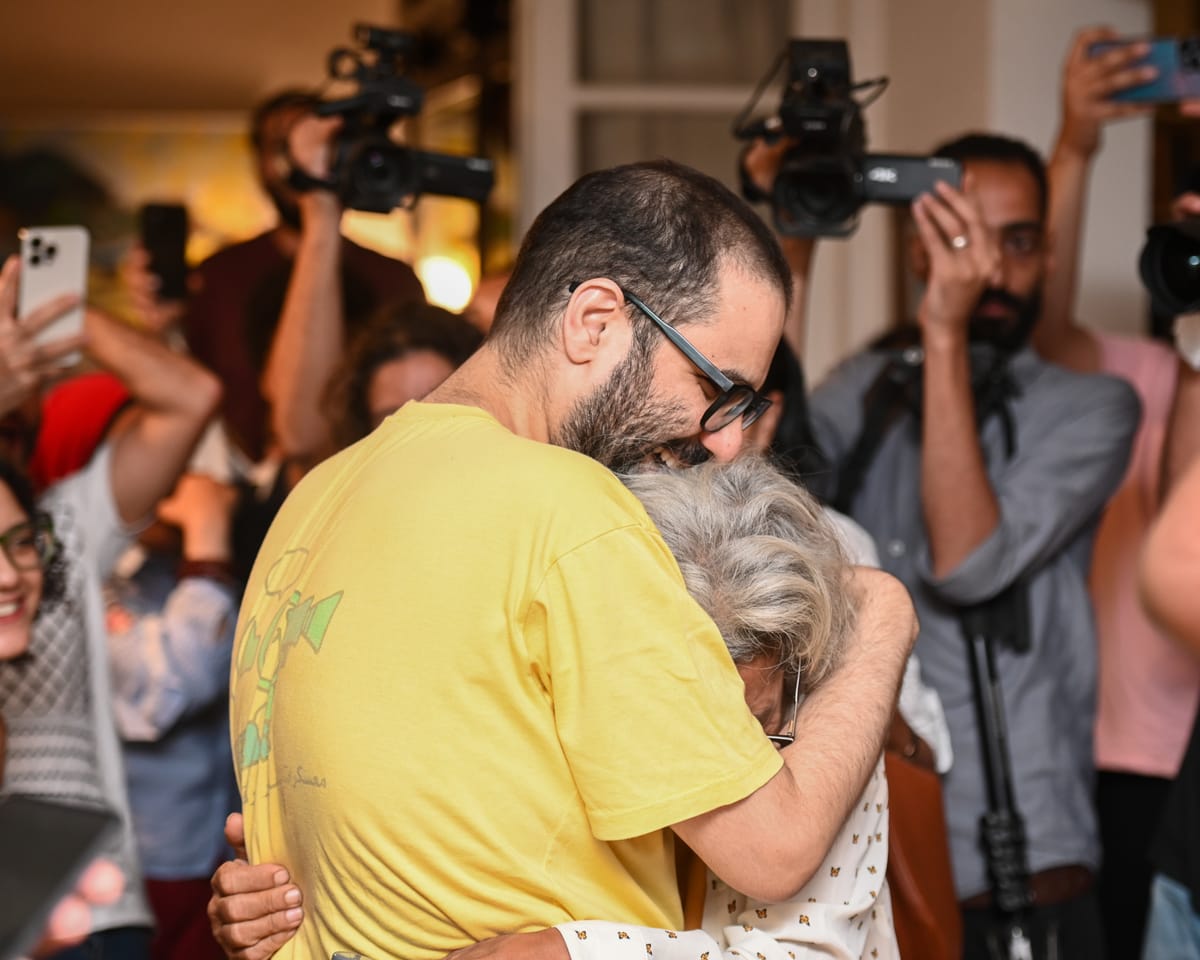British-Egyptian Activist Freed After Over a Decade in Detention Hopes to Reunite with Son
The British-Egyptian writer and human rights advocate, recently released after more than ten years of continuous detention in Cairo, has expressed his desire to travel to the UK to be with his 14-year-old autistic son.
Alaa Abd el-Fattah shared concerns that his mother might have lost her life during a hunger strike while he was imprisoned, describing his years of confinement as a "vortex of incarceration."
Speaking from Cairo, Abd el-Fattah mentioned needing a break from his advocacy work to recover, stating he no longer viewed imprisonment as an inevitable step toward achieving freedom.
Wearing a Steve Biko T-shirt, he appeared in good spirits, though he acknowledged the need for time to readjust after long periods of solitary confinement.
Regarding the UK government’s role in securing his release, he noted, “They did help free me, but I still don’t understand why consular visits were denied. That might have been the previous administration’s decision—perhaps the current one inherited the situation.”
He expressed gratitude toward supporters in the UK who had campaigned for his release, countering the notion that society there is fragmented. “It does exist, and my family has felt its strength,” he said.
Abd el-Fattah became known as a leading voice during the 2011 Arab Spring but was frequently imprisoned after President Abdel Fatah al-Sisi took power in a 2013 military coup.
In 2014, he was given a five-year sentence for attending a protest against restrictions on demonstrations. After a brief release in 2019, he was detained again, spending over two years in pre-trial custody. In late 2021, he received another five-year term for sharing a post about a detainee who died under torture.
His 69-year-old mother, Laila, based in both London and Cairo, undertook two hunger strikes lasting 287 days in total and was hospitalized twice in London.
“There were times I doubted I’d ever be freed,” he admitted. “Other times, I wasn’t sure if I—or my mother—would survive. And I didn’t know if I’d want to live if she didn’t.”
His priority now is reconnecting with his autistic son, Khaled, who lives in Brighton. “He’s here with me now, taking a break from school. We’ve been swimming, rowing, sharing a room—rebuilding our bond. His mother did an incredible job preparing him; there was no distance between us.”
For much of his imprisonment, visits were too brief to allow meaningful time with his son.
Read next

"Indonesia school collapse: rescue efforts conclude with 67 fatalities"
Search Ends After Indonesian School Collapse Leaves Dozens Dead
Indonesian rescuers concluded their search on Tuesday for victims trapped beneath the rubble of a collapsed Islamic boarding school in East Java, after recovering more than 60 bodies, authorities confirmed.
The tragedy in the town of Sidoarjo struck last week when

"French PM makes last-ditch effort to save government as crisis deepens – Europe updates"
France's Political Standoff Continues as Prime Minister Seeks Cross-Party Support
France remains at a political stalemate as the outgoing prime minister, Sébastien Lecornu, makes a final attempt to gather support from rival parties for a new government.
President Emmanuel Macron assigned Lecornu, 39, to form a government in

"Macron calls emergency talks with parties to swiftly pick new PM"
Emmanuel Macron has called upon the leaders of several political factions to his office, urging them to demonstrate "collective responsibility" as he seeks to appoint a new prime minister amid growing political turmoil.
All parties except Marine Le Pen’s far-right National Rally, the largest opposition group, and

